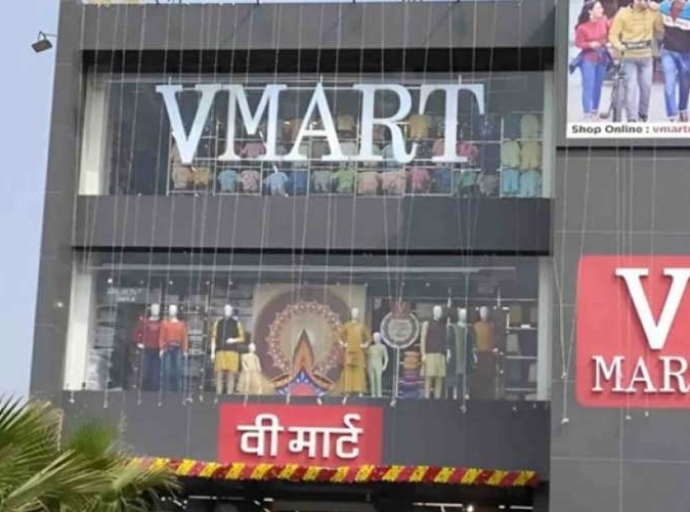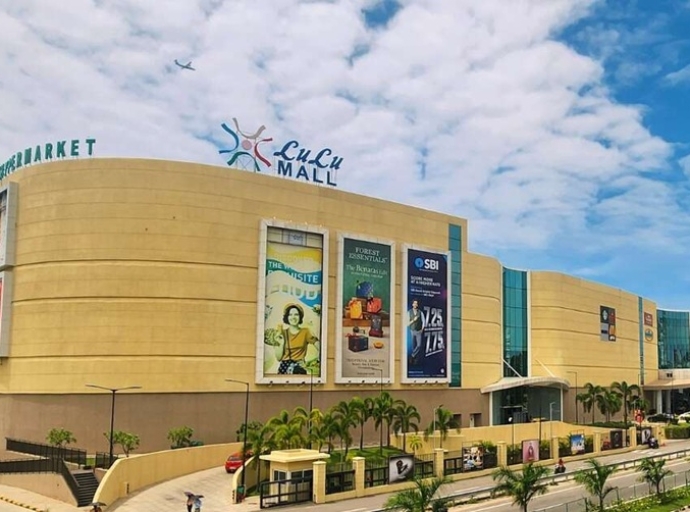With the COVID-19 led lockdowns spiraling unemployment levels to 17.4 per cent, retail sales in India declined by almost 72 per cent in April, estimates a survey by the Retail Association of India (RAI).
Restricted hours, nonessentials dampen retail sales
As per a CNBC TV18 report, retailers have been impacted more by the second COVID-19 wave than the first. Restrictions on operating hours have dampened demand for most retailers who are urging state governments to extend operating hours beyond 11 am, says Kumar Rajgopalan, CEO, Retailers Association of India.
The RAI survey shows, sales of non-essential items dipped almost 66 per cent in April. Most of this decline was noted in the sports goods category followed by footwear, beauty-wellness-personal care, jewelry, consumer durables and electronics as well as clothing. Recovery in these categories is expected to be slow as consumers are unwilling to step out of homes even after lifting of lockdowns in certain areas, says CK Venkatramaran, Managing Director, Titan. The distinction between essential and non-essential items may also hurt retailers, adds Arvind Mediratta, MD & CEO, Metro Cash & Carry India. In May, small businesses selling non-essentials products reported almost zero sales, he adds.
Aviation eyes profitability by 2023
The aviation sector too has been badly hit by the second COVID wave. The sector is unlikely to return to profitability before 2023 and would need $5 billion to recover from the COVID-induced losses, opines Kapil Kaul, CEO, Indian sub-continent, CAPA. In its annual India Aviation Outlook, the aviation consultancy firm urged the central government to bring air turbine fuel (ATF) under the ambit of GST, reduce excise on ATF and IGST on aviation spares. However, the government aims to first reduce the rate of daily reported cases and boost vaccinations before it promises fiscal stimulus to any sector.
Latest Publications

































